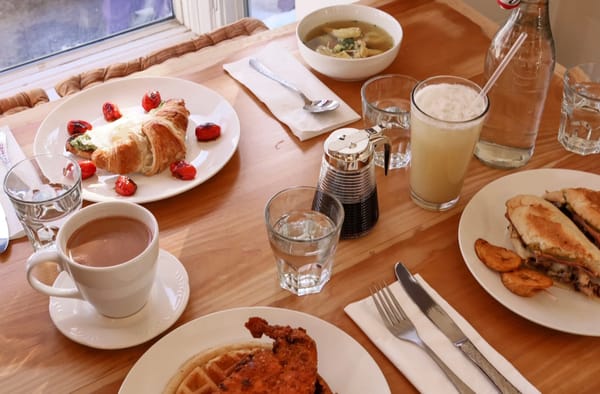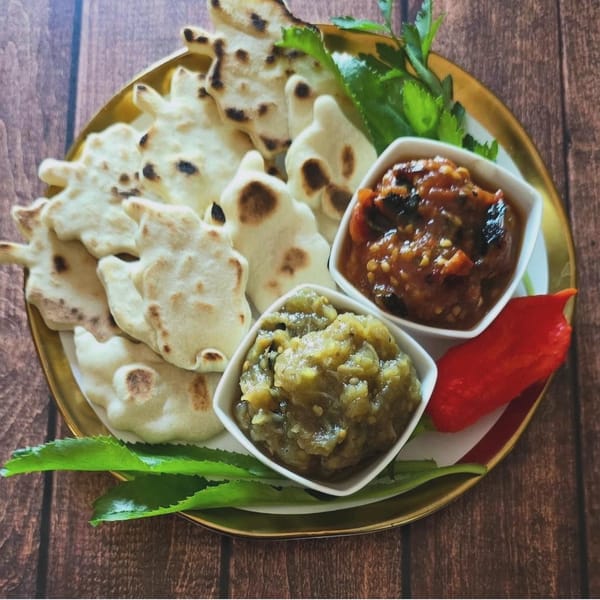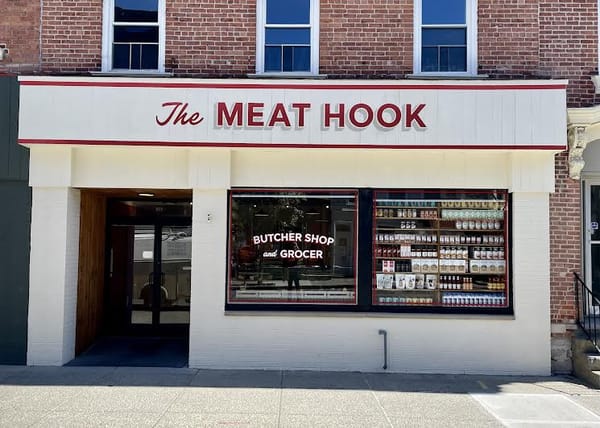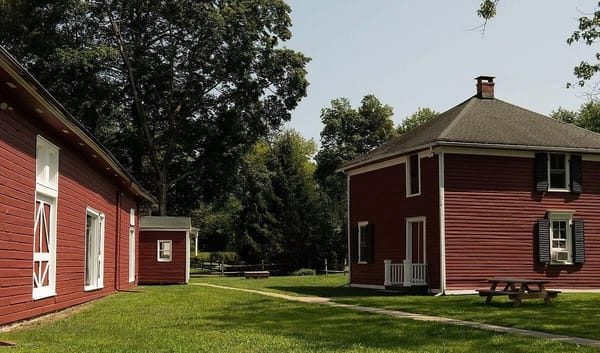
Peter Davies and Mark Scherzer are the owners of Turkana Farms in Germantown, NY. This week Mark writes: Perhaps it's advancing age, but sometimes these days I find myself focused on ideas or phrases I learned in the distant past. Most recently, I've been dwelling on the French distinction, in its days as a colonial power, between "L'Afrique utile" (useful Africa) and "L'Afrique inutile," the parts of the Continent deemed useless because they produced less revenue than it cost to administer them. At the time I first heard of this distinction, it seemed evidence to me that France was among the most obnoxious of the colonial powers, particularly because I thought the categories implied an attitude not just toward the land but also toward the people inhabiting it. While France was more willing than the other colonial powers to integrate indigenous Africans from l'Afrique utile into its educational system and society, those unfortunate enough to be inhabitants of l'Afrique inutile were largely abandoned. The reason I've been thinking of the phrase lately is that I've found myself thinking about the animals on the farm and our farm products in similar categories, the useful and the useless, and trying to grapple with what to do with those in the useless category. Abandonment does not seem an option

We have accrued a considerable number of creatures whose functional utility is questionable. There's the pair of four year old Chinese ganders who, because of their noisy aggression, we thought would make great watch animals. For a while it seemed to work, as they protected the young turkeys and the Toulouse goslings we raise every year. But after a predator took the goose they lived with, their aggression began to turn on more than just alien intruders to include us and our guests. After getting "goosed" a few times (including the time Peter turned in the mud to kick a goose away, flew up in the air, and landed on his back, resulting in a trip to the emergency room) we decided to confine them in a pen where they could not attack us, but which thereby renders them totally useless in almost every way. We'd be happy to give them away, but if no one would like them, what should we do? We also have what I call the dowager sheep, the ewes who bore lambs year after year but are now just too old, it seems. Unlike the geese, these ewes can depend on a reservoir of affection from us in thanks for their years of faithful service. And we can rationalize keeping them and even the ewes who have never borne offspring, because of their wool. Shearing the wool has always seemed like a mixed bag, because we generally produce more than we can sell, and are storing at least 40 bags right now (perfect wool for felting, for all of you felting enthusiasts out there). But fortunately this week a new use for it emerged. The Times reported on a charity, Matter of Trust, which is collecting donations of wool, as well as dog clippings, alpaca, human hair and pantyhose, to be used for soaking up the massive oil slick from BP's Gulf of Mexico wellhead explosion. Even though this is a donation and not a sale, the old wool has become "utile" again.

But what about a cow that has never calved? Too old for good beef, she'll never milk, and she just eats. This one is a topic for debate, as are the lately non-farrowing sows whose fate may hang in the balance of whether they produce piglets this season. We are waiting in suspense as there are signs of potentially imminent births, but we can’t be sure. There are animals that never were productive or expected to be so -- like the white drake and the Rhode Island Red rooster that strangers have dropped by in the last few months on the assumption that this might be a nice place for those animals to live. We don't seek these donations out, and can't afford to become an animal sanctuary, but we seem always to find reasons for exceptions. I'd like to think that keeping “inutile” animals has its own value -- the reward of a humane environment that does not treat the animal as a commodity and recognizes that it may have a social place in the world of the farm that should be respected. That, however, may not be the economically wise approach, and a farm that is not economically sustainable is not going to be a farm for very long. Rather, it seems, we must seek the utility in each creature.

So when a few weeks ago one of our older hens began to develop an insatiable appetite for eggs, we began thinking practically. At first, we took some of the eggs into which she had pecked holes, mixed the contents with cayenne pepper and Coleman's mustard, and put them back in the boxes. The unpleasant shock of ingesting that combination seemed to deter her for a day or two, but after these brief pauses she always resumed her marauding. Finally we fixed on a way to make this hen "utile" again, and ironically it was a very French solution: coq au vin. Utile indeed. —Mark Scherzer








